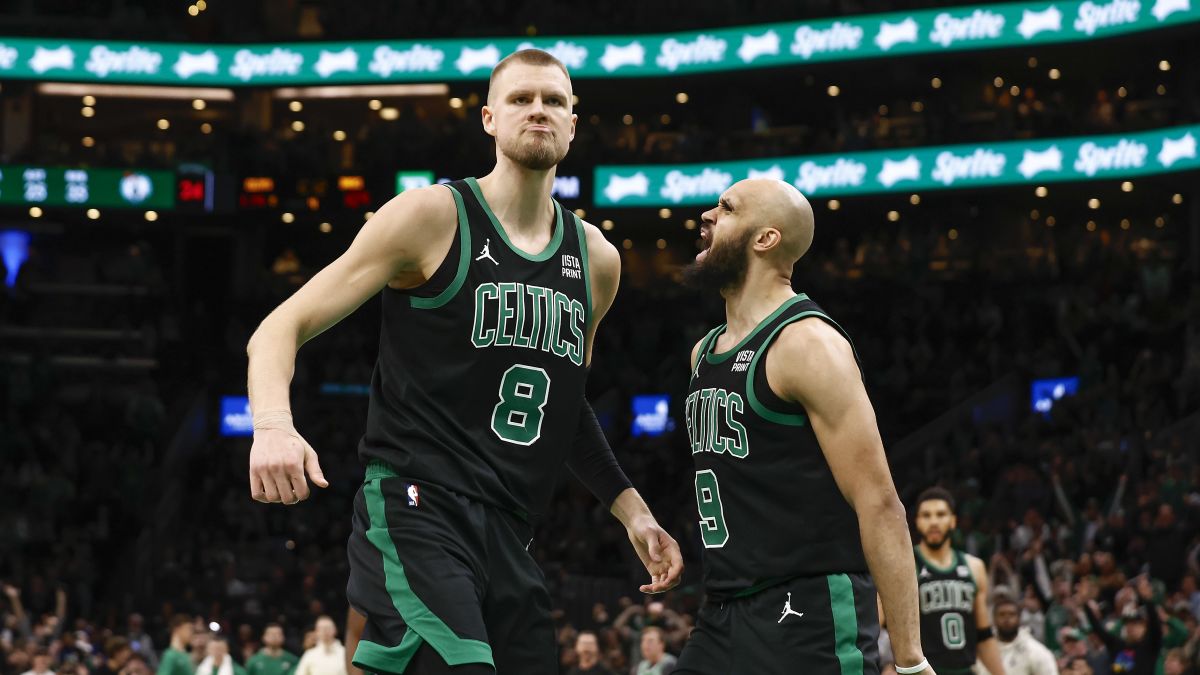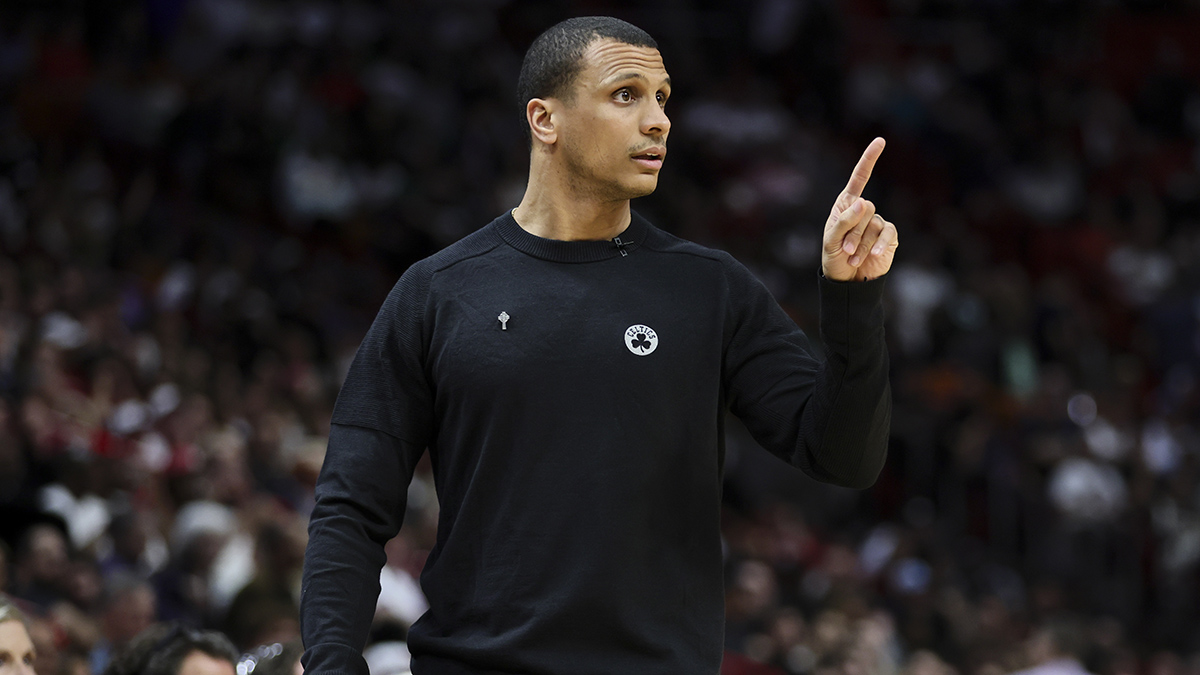
By Dr. Neil Minkoff
Special to CSNNE.com
There is a concept called "organizational memory" that business consultants throw around. Basically, organizational memory is everything that everyone at an organization knows about that group and its function. This is divided into explicit knowledge and tacit knowledge. Explicit knowledge is the skills learned in school, trainings, manuals and the like. Tacit knowledge is the unteachable part about knowing when to act or how to close a sale. Think of when you hear an announcer say, "That guy knows how to win."
Corporations, especially underperforming ones, will spend an absolute fortune on retaining organizational memory. High turnover in a lot of fields prevent the explicit knowledge from being transferred from worker to worker. The tacit stuff almost never gets passed on. The more organizational memory your organization keeps, the better the product and the less you'll need to retrain employees.
This is some of the thinking behind frequent team meetings and corporate retreats. You have to keep everyone sharing experiences and bonding together to pass along these institutional memories. When enough bonding happens, even the difficult tacit stuff can be shared. This is how a unique culture gets born. You know who's great at this stuff? The Army. Everything gets written down, everyone gets trained and everyone goes through basic training together.
Which brings me back to my favorite underperforming organization -- the Boston Celtics. Let's look at them while thinking about organizational memory.
The new Celtics were formed as a unit in 2007, when Kevin Garnett, Ray Allen and Paul Pierce were brought together. The team took its celebrated and widely publicized trip to Italy. Cell phones weren't allowed to make sure the guys talked to each other instead and bonded. There were stories coming back about KG taking the rookies to tailors for new suits. We heard rumors that half of the team was hanging out or going sightseeing together. The whole ubuntuteamwork thing was launched.
So they shared experiences and bonding moments and practices. They grew a new organizational memory. Clearly, they started a new culture, based on teamwork and ignoring stats, and focusing on winning championships. That's one of the reasons they got there the first year.
Boston Celtics
Then in Year Two, there was no big bonding trip. Turnover had been minimal and the starting five were still into ubuntu, but you didn't hear about the closeness of the team anymore so much. This ended in the semifinals with KG out of the lineup after his knee injury.
Year Three saw more turnover. The group that had gone to Italy was getting diluted, but the starting five were still together, still practicing ubuntu. Four guys helping the other one up, but the team struggled with selfishness issues during the latter part of the season, only getting to true form in the playoffs. The season ended with a Game 7 loss to the Lakers, after another crucial knee injury to Kendrick Perkins. The starting five's shared memory and the Celtics' culture kept them sane (despite the occasional locker room madness, courtesy of Rasheed Wallace).
Then we get to this year. More dilution. When this season started, KG, Pierce, Allen Rajon Rondo, and Perkins were the only five guys on the roster who had gone to Italy. I know Shaq started for the early part of the year, but his ridiculous length of time in the NBA gives him at least a shared basketball experience with other veterans. And Perk was still around, still part of the culture.
Until Perkins was traded. The starting five lost a large part of its shared experience.
The Celtics had lost the magic from Italy. The culture died when all five starters couldn't think back to the beginning and remember how they came together and the shared goal of a championship. Living it together for five years. They didn't keep it alive - no retreats, no new bonding trips, no formal mentoring program. The new guys didn't even have junior guys to show them around. All of the one-year guys like Sam Cassell, James Posey and Wallace had left.
There was no continuity to keep the culture going, except the starting five.
At the trade deadline, the Celtics didn't trade a center. They traded one of the five key sources of Celtics memory and Celtics culture.
Unlike a lot of folks, I don't think I know what the Celtics should do. Should they keep going with these aging veterans? Should they blow the team up and start over?
I don't know. But, I do know this: The Celtics need to bond -- maybe take another trip abroad -- to recreate their organizational memory and get back to ubuntu.


